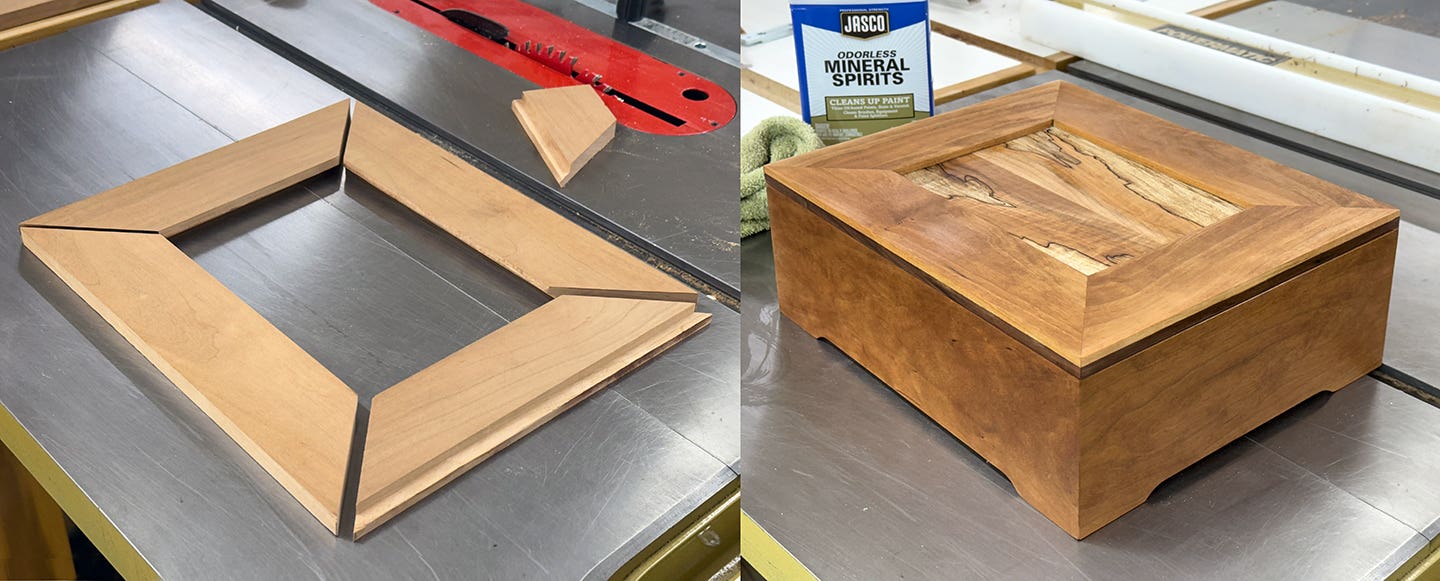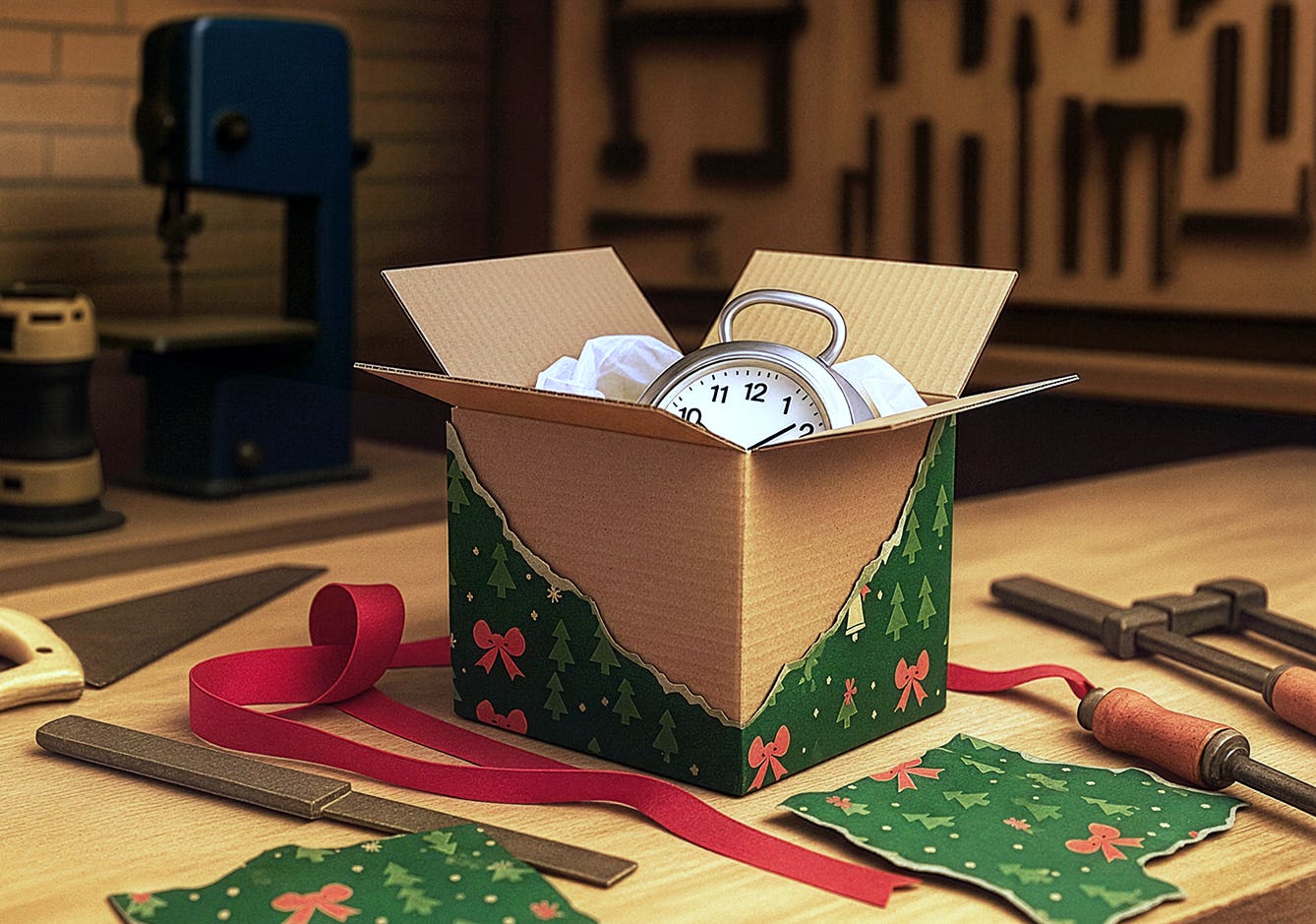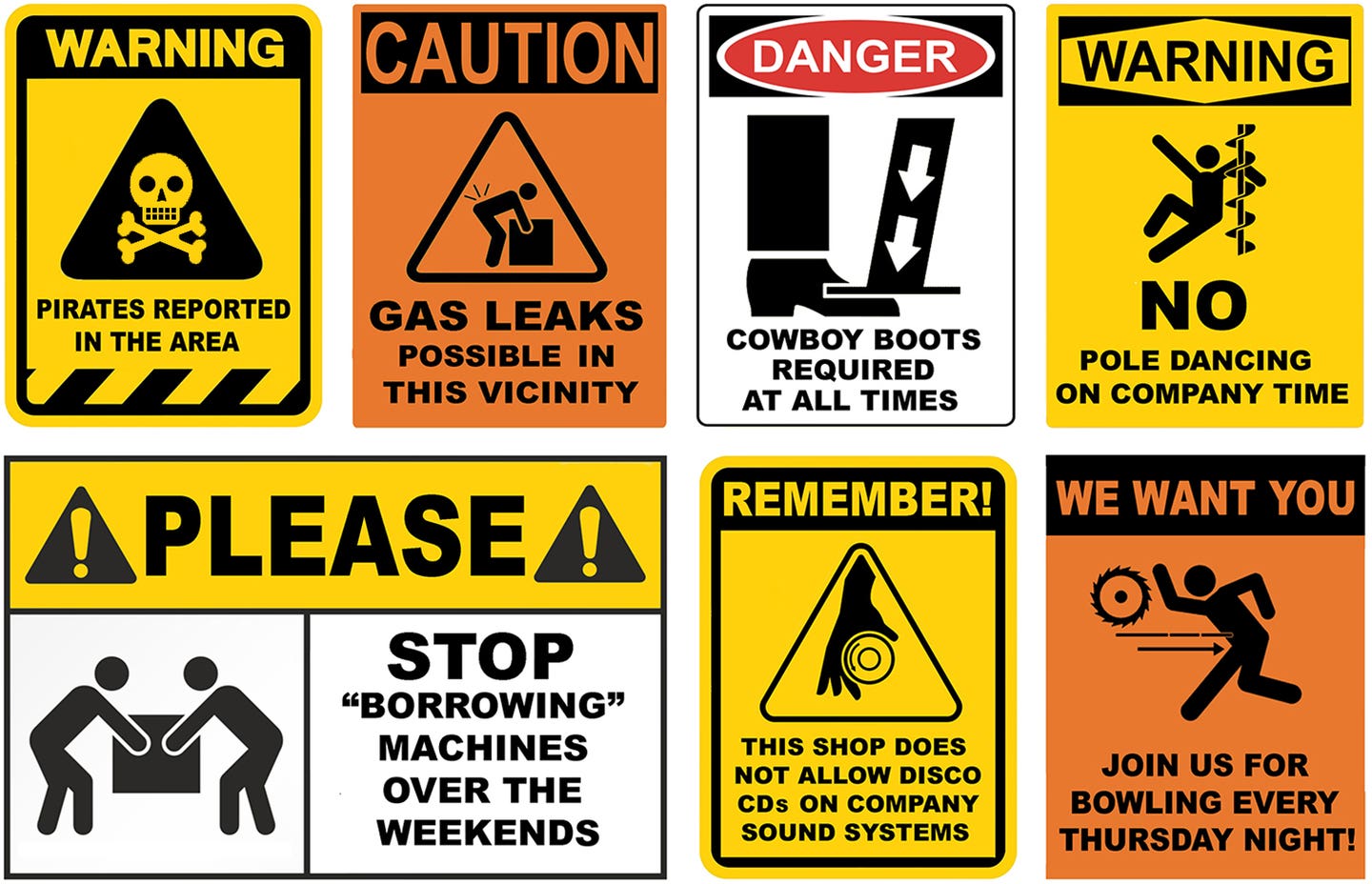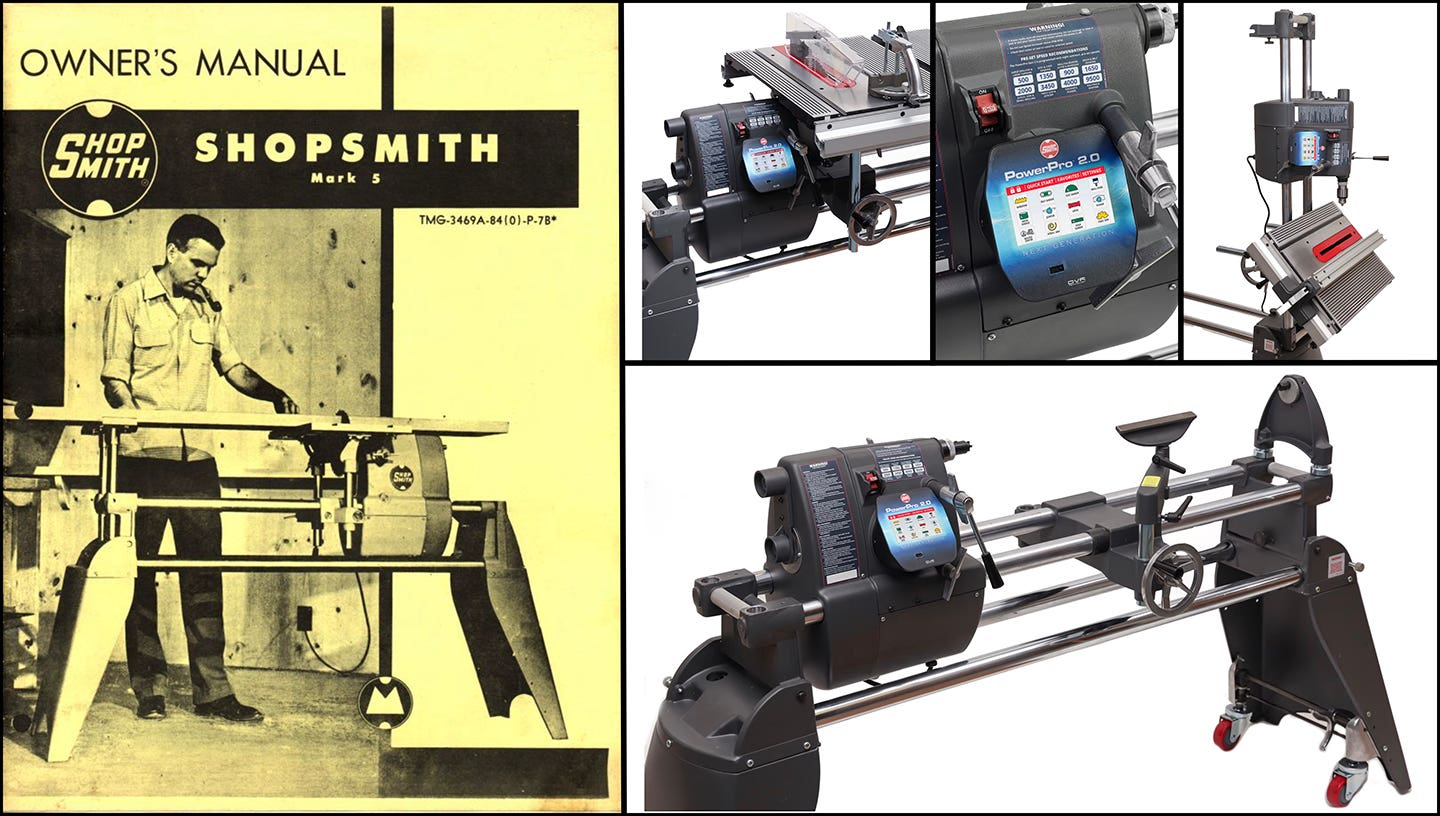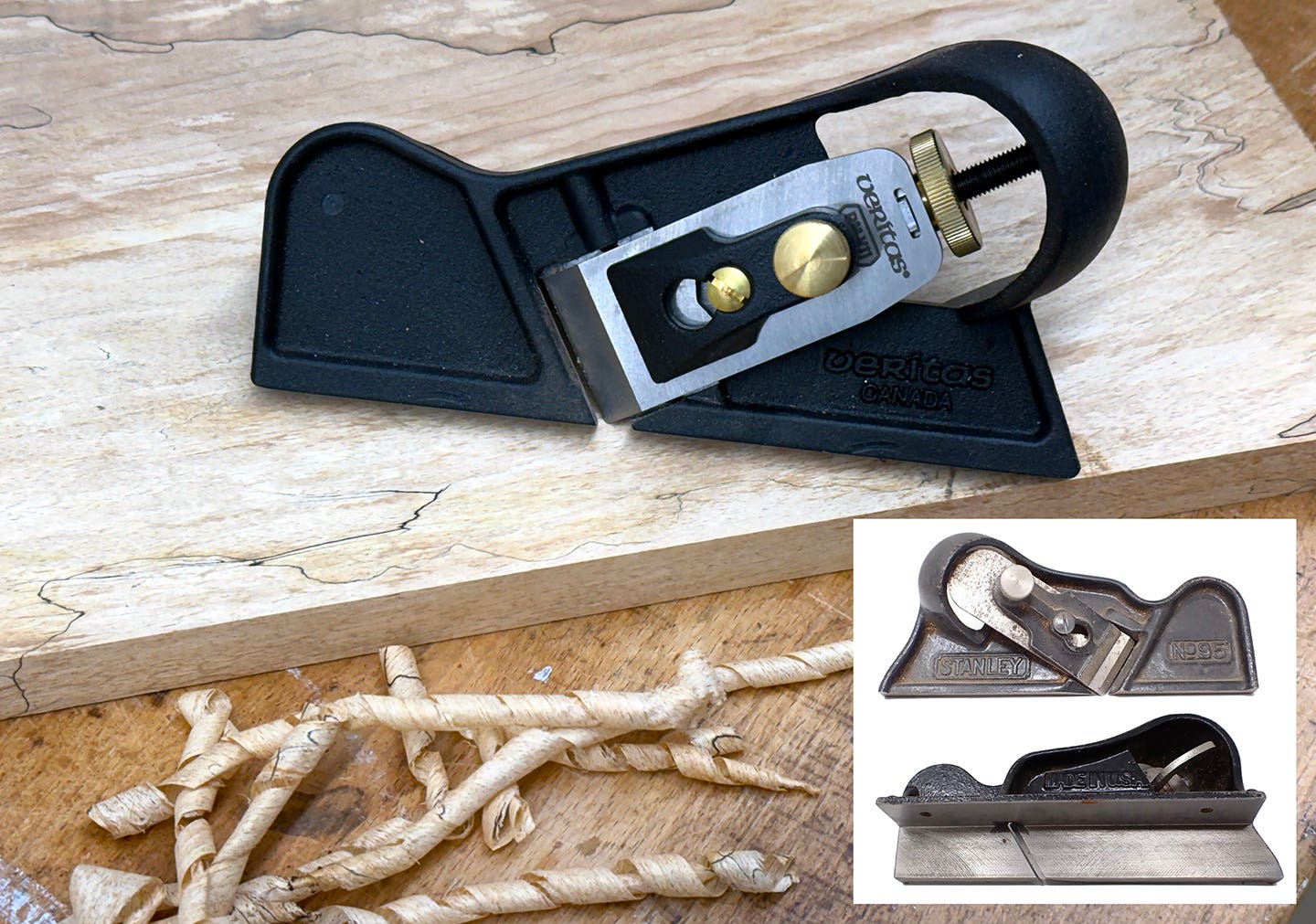Sticker shock
I am in the middle of assembling a custom-built machine and require various pulleys, bearings, etc. After much research, I made a list of everything needed and, being a supporter…
I am in the middle of assembling a custom-built machine and require various pulleys, bearings, etc.
After much research, I made a list of everything needed and, being a supporter of the buy local concept, started contacting local supply houses to get prices. As I spoke with one vendor after another, I became more and more puzzled by the prices I was quoted.
Most of my research was done on the internet. It's so easy to pull up a list of pulley sizes and find the one needed. And in almost every case, these items are accompanied by a price. And those prices vary a lot. For example, a simple four-bolt flange bearing with a 1" bore ranged from $8.50 to $35.
Now I know that there should probably be some difference in quality between one bearing and another. Logic would dictate that the more expensive one should be of better quality than the cheaper one. But the items pictured appeared to be identical and had the exact same markings.
Armed with these prices, I began calling the local suppliers. The first place is only a short hop from where I live so I'm thinking I can pop over there and pick up the bearing without having to wait for it to be shipped. But the price quote was $95! Another shop quoted $135!
So I ask you, how in the heck are we supposed to support the local shops when they are selling the same items three to 12 times the online price even when you put shipping costs on top? I would expect to pay a bit more when buying from a local brick-and-mortar store, but not that much more.
D.D.
David DeCristoforo possesses an extensive resume as designer/maker of fine furniture, high-end cabinetry and architectural woodwork. His experience in professional woodworking spans a period of 35 years. For the past 20 years David DeCristoforo Design has been located in Woodland, California. During this time David's shop has ranged in scope from a "full on" cabinet production shop with as many as 15 employees to a small fine furniture and custom millwork shop, working with his son, David RBJ, a highly skilled maker in his own right.


